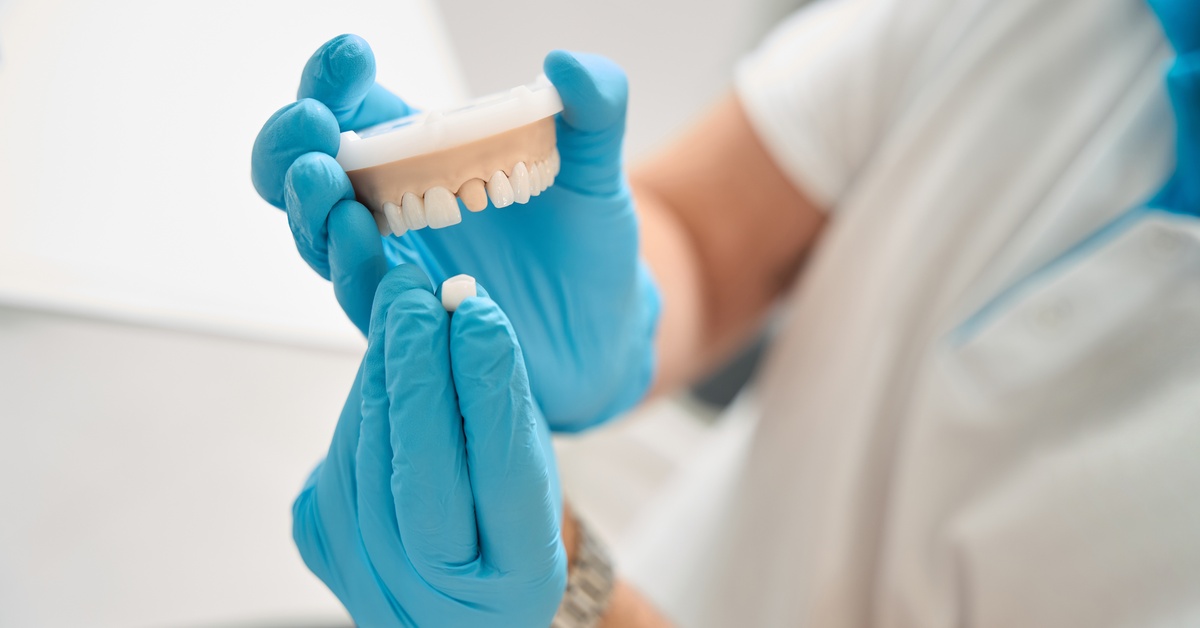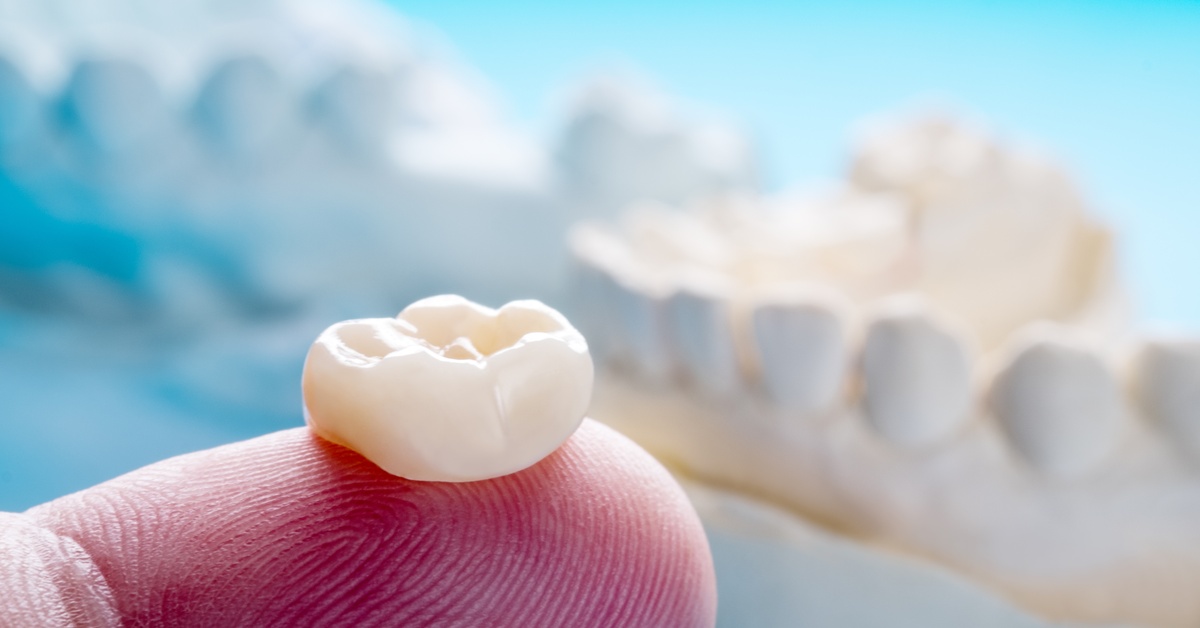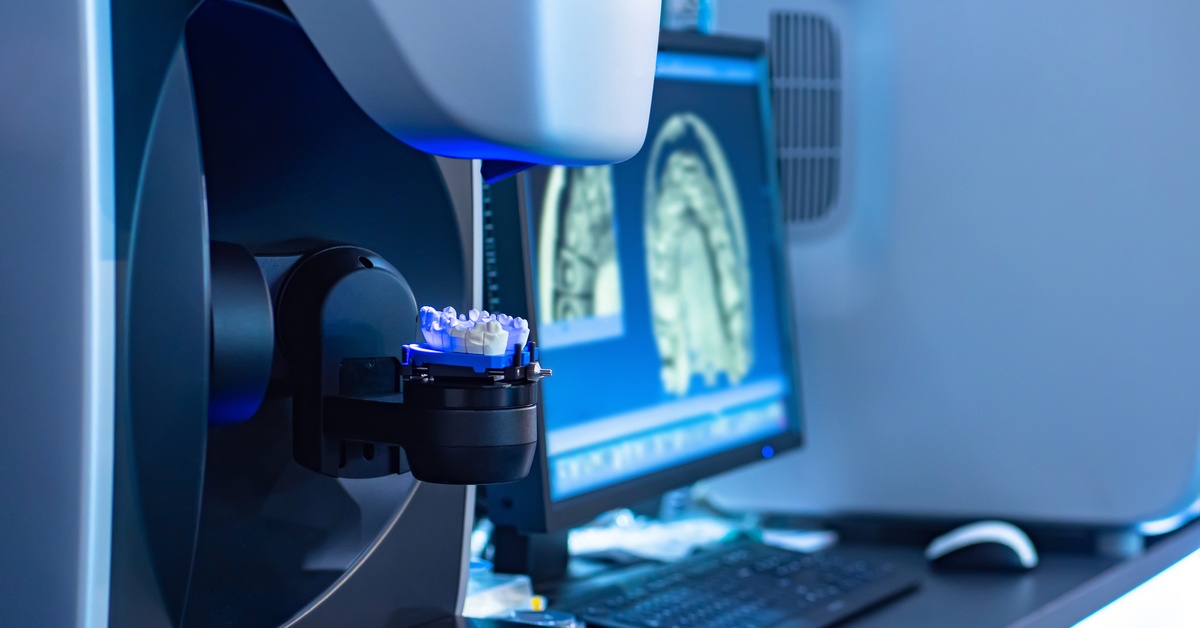
Getting a dental crown is a big step towards improving your oral health and restoring your confidence. Crowns protect damaged teeth and enhance their appearance and functionality.
The process is designed to be as seamless and efficient as possible, thanks to cutting-edge technologies like CEREC. Before you proceed, knowing what you should ask before getting a dental crown ensures you have all the information to feel confident about your care plan. Make sure you choose a dental team that can answer these questions and more at your consultation.
What Is a Dental Crown and Why Do I Need One?
Understanding why you might need a dental crown helps you approach the procedure with clarity. Dental crowns are custom-made caps that fit over an existing tooth to restore its shape and size. They are an excellent solution for addressing issues such as cracked teeth, advanced decay, failing large fillings, or damage caused by trauma.
Crowns are not only functional but also aesthetically pleasing. They match the color and contour of your natural teeth, making them virtually indistinguishable. Before getting a dental crown, you should ask your dentist how a crown can address your specific dental concerns, whether safeguarding a tooth after a root canal or improving the appearance of a misshapen tooth.
What Type of Crowns Do You Offer?
Dental crowns come in various materials, including porcelain, ceramic, and metal. Ceramic crowns combine strength with a lifelike appearance. Ceramic crowns are ideal for patients who want durable, natural-looking solutions.
Ask about the longevity and maintenance requirements of the materials available. Ceramic crowns are particularly popular because they resist stains and wear, making them a reliable choice for long-term use. They are also significantly less likely to fracture than porcelain crowns.

How Does the Same-Day Crown Process Work?
One of the standout features at Pinnacle Dental Associates is its use of CEREC technology, which enables same-day crown appointments. Instead of multiple visits, you can walk out with a fully restored tooth in just one trip.
Ask how the CEREC same-day crowns process compares to the traditional method. With CEREC, your dentist takes a digital scan of your tooth, designs the crown using computer software, and fabricates it on-site. The entire process takes about 90 to 120 minutes. This eliminates the need for messy impressions, temporary crowns, and additional appointments.
Understanding how CEREC works ensures you can prepare for a stress-free experience. Be sure to ask about the fit, as CEREC allows for precise customization to ensure your crown fits comfortably and looks natural.
Will the Crown Match My Natural Teeth?
A dental crown should blend seamlessly with the rest of your teeth. Dental teams prioritize aesthetics, using advanced color-matching techniques to ensure your crown aligns with your natural smile.
Ask how the dentist will match the crown to your existing teeth. The use of digital imaging and in-office fabrication ensures that the size, shape, and color of your crown complement your smile. For front teeth, your dentist may even add some custom colorization to your crown to help it match adjacent teeth. Knowing this offers peace of mind that your dental work will enhance your appearance rather than detract from it.
What Are the Benefits of Same-Day Crowns?
Same-day crowns offer several advantages compared to traditional crowns. They save you time, reduce the risk of temporary crowns breaking and leaking, and eliminate the need for multiple appointments. Additionally, the precise fit and quality of CEREC crowns ensure you receive a restoration that functions perfectly from the moment it is placed.
Ask about how same-day crowns can benefit your specific dental situation. For example, if you’re dealing with a painful cracked tooth, you can find immediate relief without waiting weeks for a permanent restoration.
How Long Do Dental Crowns Last?
Knowing how long crowns typically last helps you set realistic expectations for your dental care. The lifespan of a crown depends on factors such as material, oral hygiene, and lifestyle habits.
Ask your dentist about proper care to maximize the longevity of your crown. Routine brushing, flossing, and regular dental check-ups are essential. Avoid habits such as teeth grinding or biting on hard objects, as they can compromise the integrity of your crown. Diets high in sugar and carbohydrates also place crowns at risk because cavities can form on the tooth and travel underneath the crown.
Is My Tooth Prepared Before Placing the Crown?
To ensure the crown fits securely, your dentist prepares the tooth by reshaping it. This process removes any decay or damaged areas while shaping the tooth to support the crown. The preparation process is precise, aiming to preserve as much of your natural tooth as possible. In cases where the tooth has had a root canal, your dentist may place a post in the middle of the tooth to help support the crown if there is minimal healthy tooth structure remaining.
Ask your dentist how they will prepare your tooth and what you can expect during the procedure. Patient comfort is a top priority. Dental teams use techniques designed to minimize discomfort and ensure you feel at ease throughout the process.

What If I Have a Missing Tooth?
If you have a missing tooth, Pinnacle Dental Associates offers dental implants and dental bridges in combination with crowns. A dental implant is a medical-grade titanium screw that is placed into the jawbone, and then a crown is placed on top. A dental bridge uses multiple crowns that are connected and placed on the teeth adjacent to the missing tooth. These solutions not only restore functionality but also enhance your smile’s appearance.
Ask your dentist how an implant or a bridge can improve your oral health and which is the right option for your needs. Implant crowns and bridges are customized to match the color and shape of surrounding teeth, ensuring a natural look.
How Soon Can I Eat After Getting My Crown?
Unlike some dental procedures that come with strict aftercare rules, same-day crowns allow you to enjoy your normal activities almost immediately. Once the crown is in place, it begins functioning like a natural tooth, so you can chew, bite, and speak comfortably.
However, ask about any temporary precautions immediately following the procedure. Your dentist might recommend avoiding very sticky or hard foods for a day or two to give the crown cement ample time to settle.
Consult With Experts
When choosing a dental provider, it’s important to know what sets them apart. At Pinnacle Dental Associates, the combination of advanced technology, patient-focused care, and a welcoming environment ensures you receive top-tier service.
Ask about their expertise with restorative dentistry and how they prioritize patient comfort. The use of technologies like CEREC showcases their commitment to delivering high-quality results efficiently.
Getting a dental crown is an investment in your oral health and overall confidence. By asking the right questions, you can gain a clear understanding of the procedure and what to expect.
At Pinnacle Dental Associates, you benefit from same-day crowns, advanced technology, and a team dedicated to making your experience as smooth and comfortable as possible. Reach out to schedule your consultation and take the first step toward a healthier, more beautiful smile.
